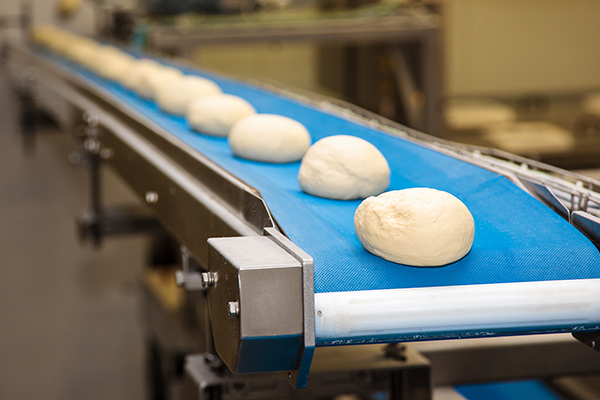
Food Production
The world population has reached 7.4 billion people and this number is increasing every second. Hence, we need to produce more food. However, it is not only developing countries that face the challenge of finding ways to feed their inhabitants in ways that has little impacts on the environment and does not contribute further to climate change.
One possible option for increasing food production is through the adoption of genetically modified (GM) foods. The production of GM crops is quicker than traditional plant breeding. Some GM crops can grow better under 'stressful' conditions. It means that the farmers get considerably higher yields in potentially hostile environments (drought, high salt and disease). Some of these GM crops are self-sterile. Therefore, the farmer cannot save seeds for the next season and must buy new seeds from commercial seed companies. These and other issues have been disputed for many years by activists, politicians, scientists, farmers, seed producers, doctors and consumers. Some people believe that using GM crops is not a problem, while others refuse them.
One possible option for increasing food production is through the adoption of genetically modified (GM) foods. The production of GM crops is quicker than traditional plant breeding. Some GM crops can grow better under 'stressful' conditions. It means that the farmers get considerably higher yields in potentially hostile environments (drought, high salt and disease). Some of these GM crops are self-sterile. Therefore, the farmer cannot save seeds for the next season and must buy new seeds from commercial seed companies. These and other issues have been disputed for many years by activists, politicians, scientists, farmers, seed producers, doctors and consumers. Some people believe that using GM crops is not a problem, while others refuse them.
Environment: The GM food production raises many discussions. There is a dilemma whether genetically modified crops could change the environment and whether GM crops have an impact on natural pollinators and biodiversity.
Health Impact: Many scientific studies deal with GM foods and the impact on human health. Some reviews say that the everyday consumption of GM food is safe, but other people are still afraid of that.
Ethical Issue: GM foods are supposed to be stronger, more colorful and more delicious. The ethical issue, whether people have the right to modify the genetic code of food, however still remains.
Sustainable Food production, Genetically modified food, GM crops, Organic food, Crop breedingPopulation growth, Health and agriculture
Related Topics
 EN
ENAgeing
Ageing is a process that involves numerous irreversible changes. There are many theories trying to explain its causes (e.g. genetic predispositions...
READ MORE
 EN
ENClean Water
Clean water is a human right but even today not everyone has access to it. Increased access to clean water is essential for improving living standa...
READ MORE

Cybermobbing
Mit der steigenden Verbreitung technischer Errungenschaften in unser Alltagleben gehen leider auch negative Auswirkungen Hand in Hand. Cybermobbing...
READ MORE
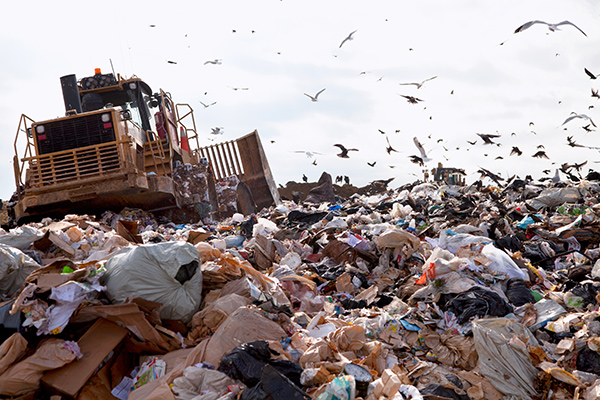 EN
ENFood Recycling
In the world there are millions of people suffering from starvation and lack of food. Yet, at the same time tons of food products are wasted each d...
READ MORE
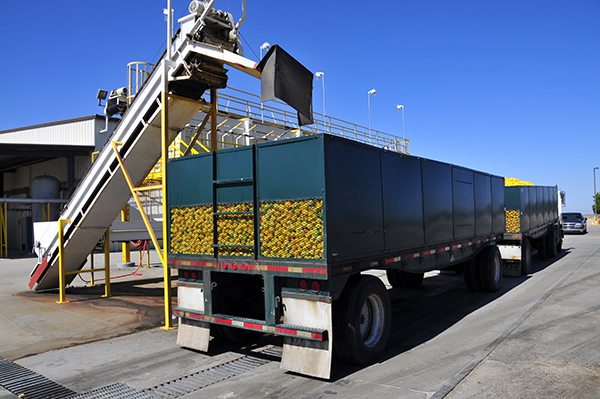 EN
ENFood Transportation
Before you eat your daily snack: Do you think about where it was produced and from where the components are coming? Maybe it has travelled more kil...
READ MORE
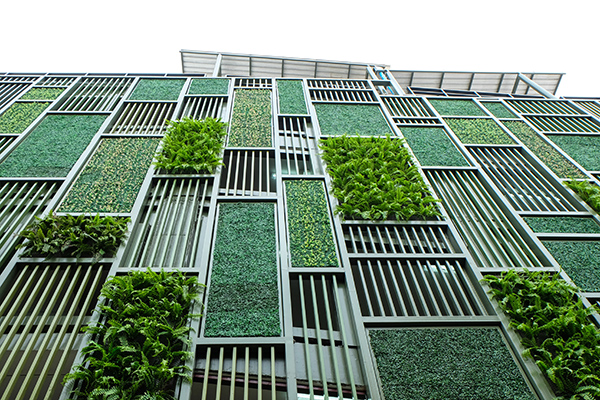 EN
ENGreen Buildings
"Green building" is an overarching concept of sustainable architecture and construction that can appear in various forms of expressions. Some exper...
READ MORE

Kryptographie: Die Wissensc...
Kryptographie ist eine Technik, um Informationen zu verschlüsseln und damit geheim zu halten. Sie wird zum Beispiel in vertraulichen Dokumenten und...
READ MORE
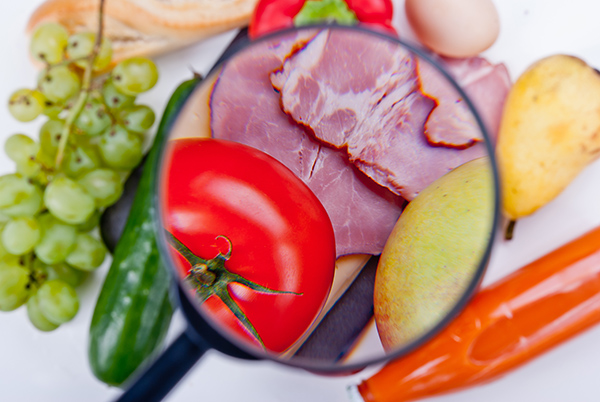
Lebensmittelchemie
Chemie ist überall. Wir atmen sie, trinken sie und unser Essen besteht aus vielen chemischen Verbindungen. Die meisten von ihnen sind für unseren K...
READ MORE




